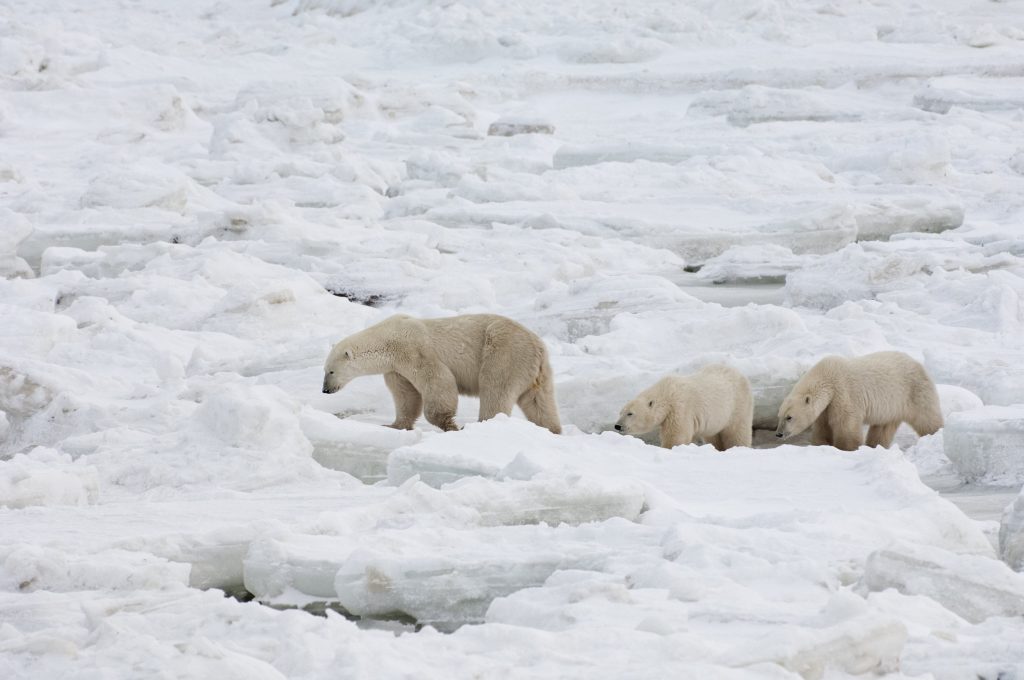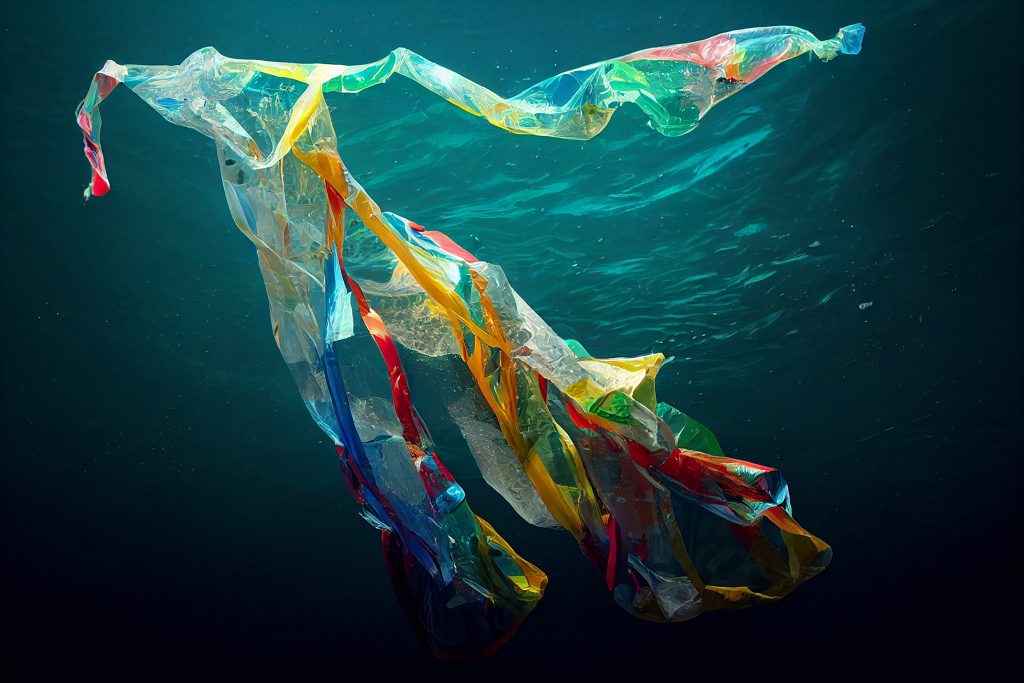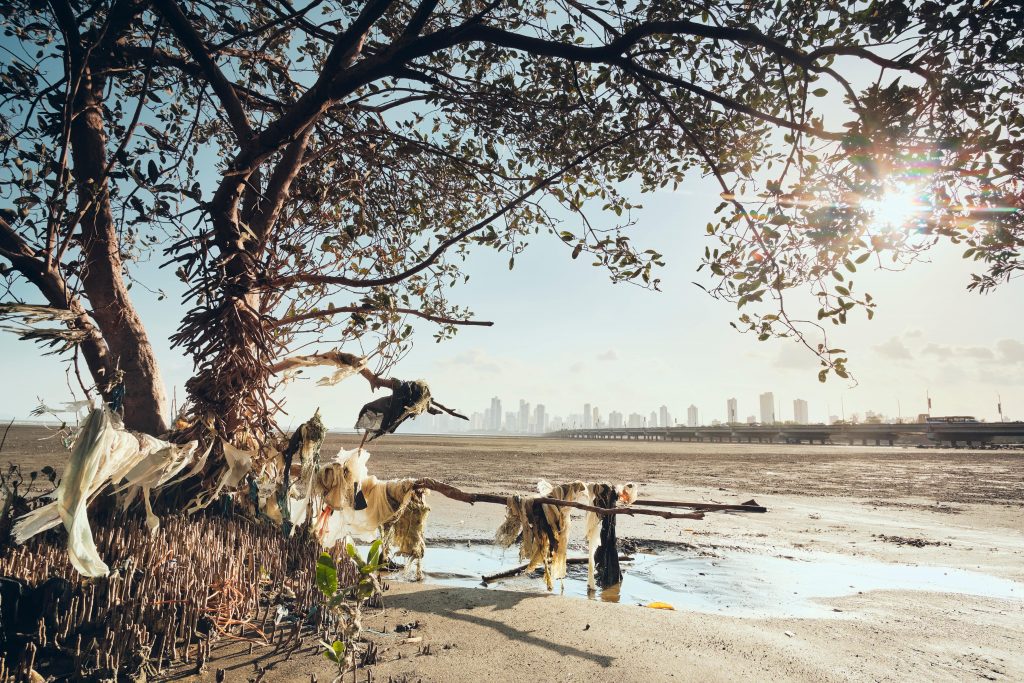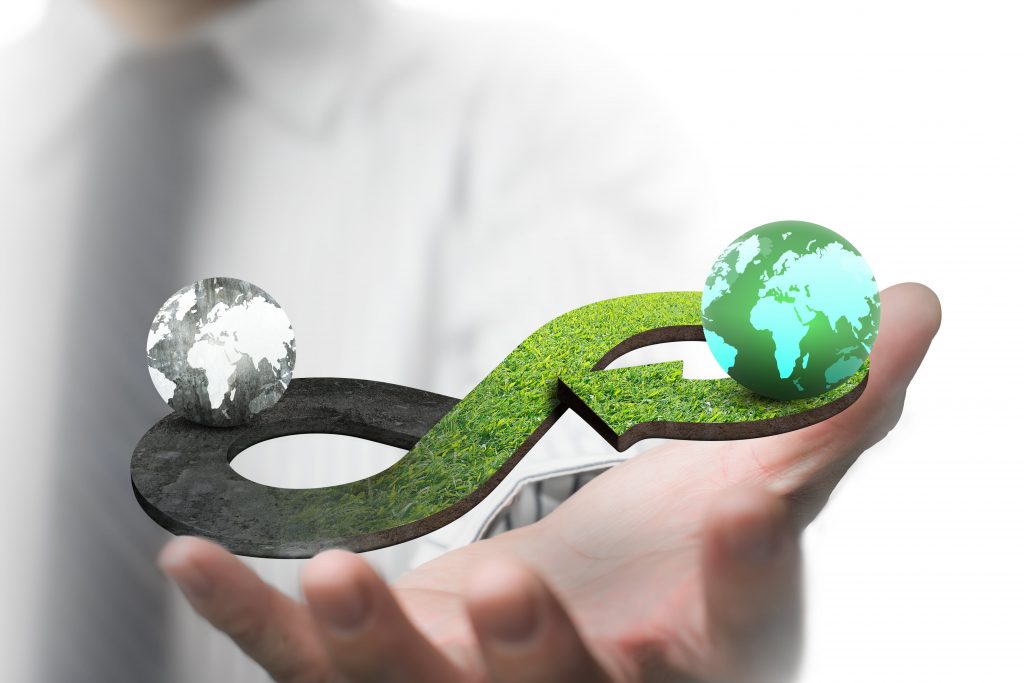Waste & material traceability solution for sustainable facilities

We are very excited for the new year as it refers to new hopes and achievements. We all have expectations and wishes for 2023. Some have already made a wish list. When it comes to our family, friends, and loved ones, it is not difficult to guess their wishes, but what about the planet?
Have you ever thought if our planet had a new year wish list, what would be on this list? We have! Here’s the list and ways to help the planet fulfil its wishes.

Since carbon is the most significant greenhouse gas in the atmosphere, its emissions significantly affect the planet. The result is global warming and, ultimately, climate change. Changing climate poses a new threat to wild animals. The more frequent and intense droughts, storms, rising sea levels, and melting glaciers harm animals and destroy their habitats.
Also, seawater chemistry is drastically changed due to the massive amount of carbon dioxide entering the oceans. Oceans are becoming more acidic as carbon dioxide floods in, threatening corals, shellfish, and fish. A reduction in global greenhouse gas can help to slow climate change and diminish the negative impact on the planet.

Methane, a powerful greenhouse gas linked to climate change, is released in landfills. Improper waste management causes climate change and air pollution. It also damages many ecosystems and species. That’s all? No!
Approximately 14 million tons of plastic end up in the ocean every year and plastic constitutes 80% of all marine debris. Several marine species consume or are entangled in plastic debris, resulting in severe injuries and deaths. If no action is taken, oceans will be filled with more plastic by 2050 than fish. But, there is always a solution to every challenging situation. Less waste generation and proper waste management can contribute to the improvement of air and water quality, as well as reducing greenhouse gas emissions.

Biodiversity is disappearing at a significant rate, and people’s wasteful, polluting linear economy is increasingly recognized as the root cause of this crisis. There has been a 65% decrease in the number of animals in Africa, a 75% decrease in the number of flying insects in Europe, and a 96% decrease in the number of bluefin tuna in the Pacific Ocean. The extraction and processing of natural resources are responsible for more than 90% of biodiversity loss today.
Furthermore, poor waste management affects biodiversity directly (e.g. by consuming plastic microbeads by marine life) and indirectly (e.g. landfills, which allow bacteria to produce methane). Taking a linear approach to waste management is no longer an option. For our planet, our resources, and all species that inhabit this planet, we must address the ‘throw away culture’ that many businesses, families, and individuals practice.
The simple act of recycling, reusing, and repurposing can have a huge impact on our planet, whether it is in households or through larger initiatives such as regenerative agriculture practices, reforestation, and adopting green technologies.

Still have doubts about how to make the planet happy in the new year? Let us give the answer: build a circular economy. A circular economy can have a positive impact on ecological systems, preventing them from being depleted or overloaded. Circular economies emit fewer greenhouse gases, preserve soil, air, and water, and help protect nature reserves.
A circular economy creates essential ecosystems such as soil, air, and water. Clean water and fertile farmland are the products of these ecosystems. They also offer pollination and clean drinking water. A circular economy also enables us to fight climate change and biodiversity loss by eliminating waste and pollution, circulating products, and restoring the environment.
It creates almost no waste because every residual from the use of a product can be converted or recycled. The residual is converted into value. Waste is divided, toxic substances are eliminated, and value is created through biological and technical cycles. Providing high-quality materials from recycled waste is just as important as recycling them properly in this system.

Contribution to the circular economy has always been an important part of our mission. We have written many success stories by providing end-to-end solutions for the waste management and sustainability industry. With a complete dedication to the circular economy, we are now taking further steps to help manufacturing and logistics facilities manage waste/material operations.
We have launched Evreka Waste Dashboard, a waste and material traceability solution which allows companies to carry out an easily controlled and reported waste management process. Our goal is to collaborate with companies to meet their environmental objectives and net zero commitments.
We are ready to make the planet’s wishes come true. If you’re also ready to contribute to the circular economy and achieve your sustainable goals, contact us.